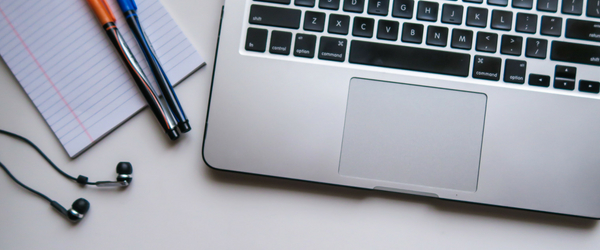At Hope for New York, we believe we serve our neighbors best when we’re informed about the needs present in our city and continually encouraged in our call to pursue justice. So, we read articles and books. We listen to podcasts. We watch videos. And we want to share that with you.
So, we’re starting our Mercy & Justice Round-Up. At the beginning of each month, we’ll share some of the articles, videos, or podcasts related to mercy and justice that have caught our attention lately. We’ll curate pieces from differing perspectives, some of which we agree with, others we might not. Sometimes that might be a sermon on how Scripture exhorts us to advocate for those who are marginalized. Or it might be an article analyzing the latest statistics on homelessness in our city. Our hope is that you’ll read and listen, learn and grow— and, ultimately, love even harder with us.
- Last school year, more than 111,500 (or 10 percent of) New York City Public School students were homeless, a record high. Read more from The New York Times on the long-term negative impacts of homelessness on students, including lower attendance rates and levels of academic performance.
- Every year, prisons release 600,000 people back into their communities—and what we call them matters. Find out how important—and stigmatizing—labels can be in this piece from Prison Fellowship.
- In this sermon on Justice for the City, pastor Thabiti Anyabwile examines Isaiah 1:21-31 and how it speaks to the truth that Israel’s infirmities in this text are still our infirmities today—and how that should cause us to ask ourselves some hard questions about the state of justice among God’s people.
- “Being an ally requires you to educate yourself about systemic racism in this country,” writes Courtney Ariel in her Sojourners piece for white friends desiring to be better allies. Read the six things she suggests you do to be a better ally. Above all, accept that you will make mistakes, but keep showing up anyway.
- Research finds it’s increasingly uncommon for middle- and upper-class Americans to have any meaningful contact with anyone from an economically marginalized community. This CityLab piece asks us to stop “othering” those living on economic margins and recognize the equal dignity of all people.
* * *
 Corrie Mitchell is the Marketing and Content Specialist at Hope for New York. She lives in the South Bronx where she is a member at Restoration Community Church.
Corrie Mitchell is the Marketing and Content Specialist at Hope for New York. She lives in the South Bronx where she is a member at Restoration Community Church.

